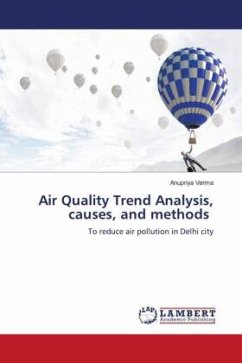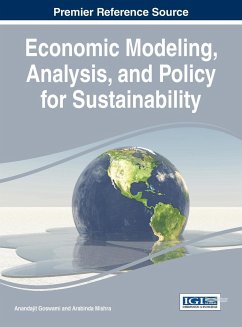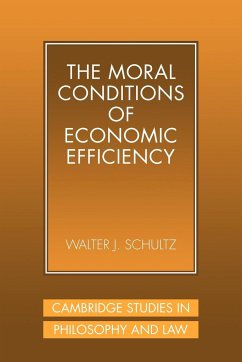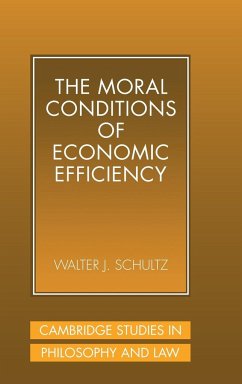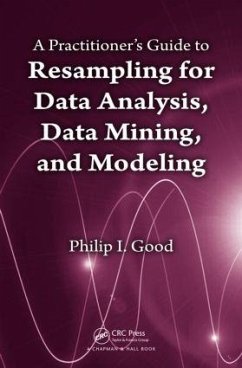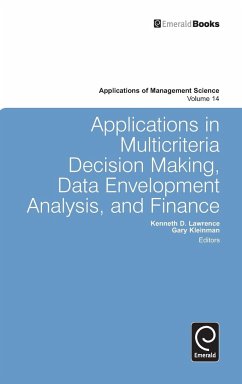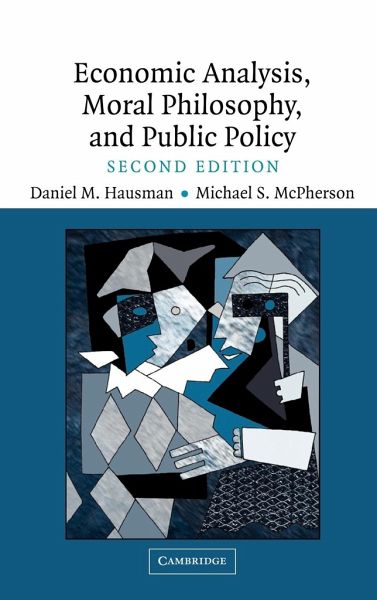
Economic Analysis, Moral Philosophy and Public Policy
Versandkostenfrei!
Versandfertig in 1-2 Wochen
102,99 €
inkl. MwSt.
Weitere Ausgaben:

PAYBACK Punkte
51 °P sammeln!
This book shows through accessible argument and numerous examples how understanding moral philosophy can improve economic analysis, how moral philosophy can benefit from economists analytical tools, and how economic analysis and moral philosophy together can inform public policy. The book lays out the standard theory of rationality and connections to welfare economics, and it clarifies important moral notions omitted in standard welfare economics, including freedom, inequality, and justice. It also introduces technical work in social choice theory and game theory that is relevant to moral theo...
This book shows through accessible argument and numerous examples how understanding moral philosophy can improve economic analysis, how moral philosophy can benefit from economists analytical tools, and how economic analysis and moral philosophy together can inform public policy. The book lays out the standard theory of rationality and connections to welfare economics, and it clarifies important moral notions omitted in standard welfare economics, including freedom, inequality, and justice. It also introduces technical work in social choice theory and game theory that is relevant to moral theorizing.






